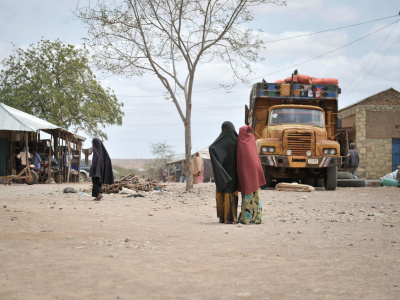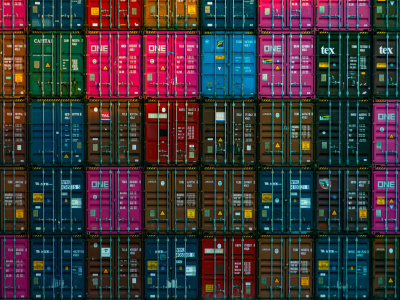
Getting up to speed: The EU and the development in transition agenda
The rapidly changing geopolitical context, the COVID-19 crisis and the launch of the NDICI–Global Europe programming cycle compel and offer opportunities to the EU to engage more strategically with middle-income countries.
Summary
This paper looks at the EU’s engagement with middle-income countries (MICs). The rapidly changing geopolitical context, the COVID-19 crisis and the launch of the programming cycle for the new Neighbourhood, Development and International Cooperation Instrument (NDICI)–Global Europe compel and offer opportunities to the EU to engage more strategically with those countries. The rationale for a stronger engagement spans from the importance of some MICs to advance the EU international objectives, for example climate change, as well as to realise the Sustainable Development Goals. Despite a decade-long debate and significant cooperation experience, the EU’s engagement with MICs has been piecemeal and has lacked clear policy direction. Recently approved Council Conclusions on the subject, prepared under the Portuguese Presidency of the Council of the European Union, are a good start to fill this gap. But further steps are needed to operationalise policy orientations and shape future cooperation with these countries.
Some of these steps will take a lot of political and bureaucratic energy if they are to be realised. But the EU’s profile as a global player and the nature of its partnerships with key countries are on the line. The programming of the NDICI-Global Europe could steer a more tailored and agile cooperation with MICs. Cooperation should be based on an acknowledgement of the diversity of MICs, address the challenges of transition across development milestones and make a smart use of the different EU tools. The Team Europe initiatives and the preference for joint programming of the NDICI–Global Europe offer more space for complementarity between the EU and the EU member states and build on the latter’s approaches to cooperation with MICs. A number of institutional bottlenecks should also be overcome to promote more synergies in EU external action.





